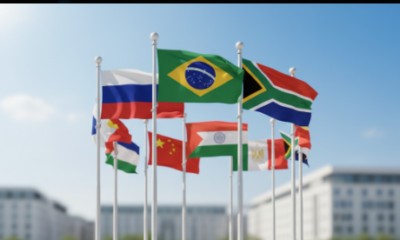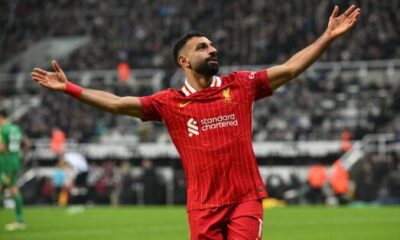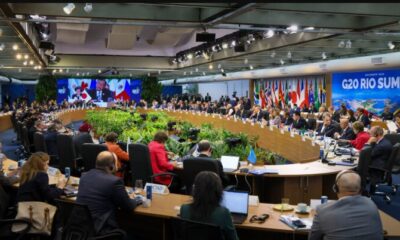As for Mr. Zelensky, Ukraine’s president, he did not retreat from promises to his people that the elections will not take place until Ukraine regains control of its border with Russia, all “foreign troops” leave Luhansk and Donetsk, and the Russia-armed separatists disarm and disband, a very unlikely sequence.
Before the meeting, Mr. Putin warned that no agreements with Ukraine would be possible without an “approval” by the “People’s Republics” of Luhansk and Donetsk. As a result, following what are almost certain to be Russia-manipulated “elections,” two Ukrainian provinces with an area of just over 20,000 square miles and a population of almost six million people would be doomed to remain under the rule of thugs entirely dependent on Moscow, while Ukraine’s current turn to the West would be permanently and severely handicapped, if not entirely blocked in Ukraine’s Parliament (the Rada), by deputies from Luhansk and Donetsk. And if they failed in the Rada, or Ukraine ever thought again of joining the E.U., not to mention NATO, Moscow could always restart the war, calling it a “pro-Russian rebellion.”
President Zelensky made “peace” central to his election campaign because he believed in the West’s unwavering support for Ukraine’s sovereignty. He may have miscalculated badly. After five years of fighting, sanctions and Russia’s stonewalling, the West appears to be afflicted by what might be called “Ukraine fatigue.” It would like the issue to go away, and a formula found to save face. (As for President Trump, who was not at the Paris meeting, he has already spoken about his wish to see Russia readmitted to the Group of 8.)
Germany and France, which have taken the lead in ending the Ukrainian conflict, favor an “accommodation” with Moscow. In Germany, recent national surveys find that 69 percent of Germans want “more cooperation” with Russia, while fewer than one in four support continuing sanctions because of the “Ukraine crisis.” Germany’s chancellor, Angela Merkel, who is stepping down in 2021, would very much like to crown her legacy with a diplomatic victory.
The approach of France’s president, Emmanuel Macron, the host in Paris, does not augur well for Ukraine either. He wants to “rethink” Europe’s “strategic relations with Russia,” and believes that Mr. Putin’s fear of NATO’s and the European Union’s expansion into the former Soviet Union’s territory, which Russia considers its “safe zone,” have led to a decision “to put a stop to it.” The presumed implications are clear: if guarantees of “no further advances” into Russia’s “safe zone” are given in future negotiations, Russia would become a responsible and cooperative European citizen, and removing Ukraine as an unnecessary irritant in Europe’s relations would be the first step on this path.

 Entertainment1 week ago
Entertainment1 week ago
 Tech4 days ago
Tech4 days ago
 Tech4 days ago
Tech4 days ago
 General News2 days ago
General News2 days ago
 Business News1 day ago
Business News1 day ago
 Jobs1 day ago
Jobs1 day ago
 General News2 days ago
General News2 days ago
 Business News1 day ago
Business News1 day ago

